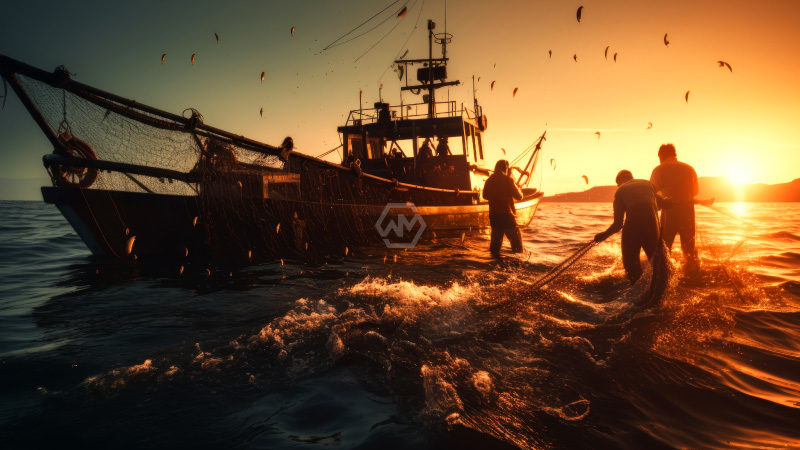- Texas shrimpers struggle with plummeting prices due to cheap imports.
- Trump’s proposed tariffs are seen as a potential lifeline.
- Local businesses face layoffs and wage cuts to stay afloat.
In Palacios, Texas, shrimpers like Reed Bowers are facing unprecedented financial strain due to the influx of inexpensive foreign shrimp flooding the U.S. market.
Supporters of Trump’s tariffs see them as a potential game-changer that could level the economic playing field. By making imported shrimp more expensive, they hope U.S.
Tariffs Bring Hope to Texas Shrimpers Battling Cheap Imports
The Gulf Coast shrimping industry, once a thriving part of Texas’s coastal economy, has been deeply affected by a global market saturated with low-cost shrimp from overseas. Countries with industrial-scale aquaculture operations are producing at volumes and costs that undercut small American operations.
In towns like Palacios, shrimping is more than an occupation—it’s a way of life. The economic impact of foreign competition has trickled down to families and communities that depend on local shrimping for jobs and income. Owners like Reed Bowers describe the past few years as a fight for survival.
Many shrimpers believe that tariffs on foreign imports would not only curb unfair pricing but also renew consumer interest in supporting locally sourced seafood. While they acknowledge that tariffs may come with political or economic risks, they see little alternative. They feel it is essential to protect their future.
However, critics argue that tariffs could lead to unintended consequences, such as price hikes for consumers and tensions with trade partners. The debate underscores a broader conversation about the costs and benefits of protectionism in a globalized economy.
For Gulf Coast shrimpers, Trump’s tariffs are more than a policy—they’re a symbol of hope for an industry teetering on the brink. They seek a fair shot in an uneven global market.
“Cutting people off, laying people off, or reduce hours or reduce wages … whatever we can do to survive.”



